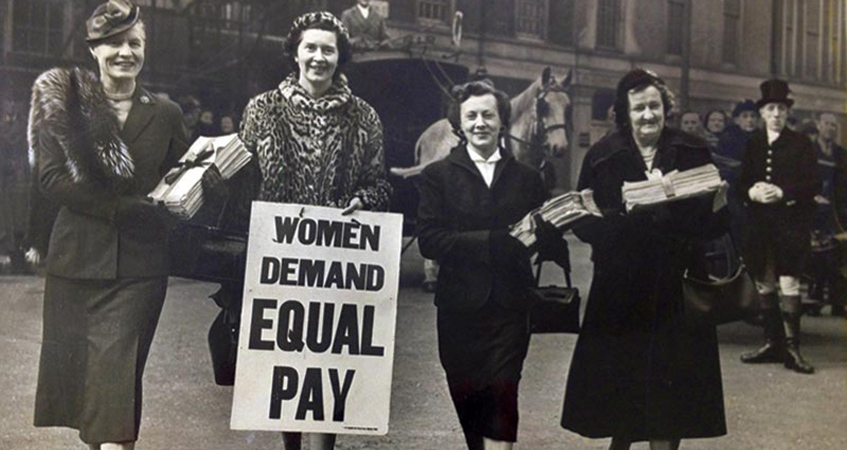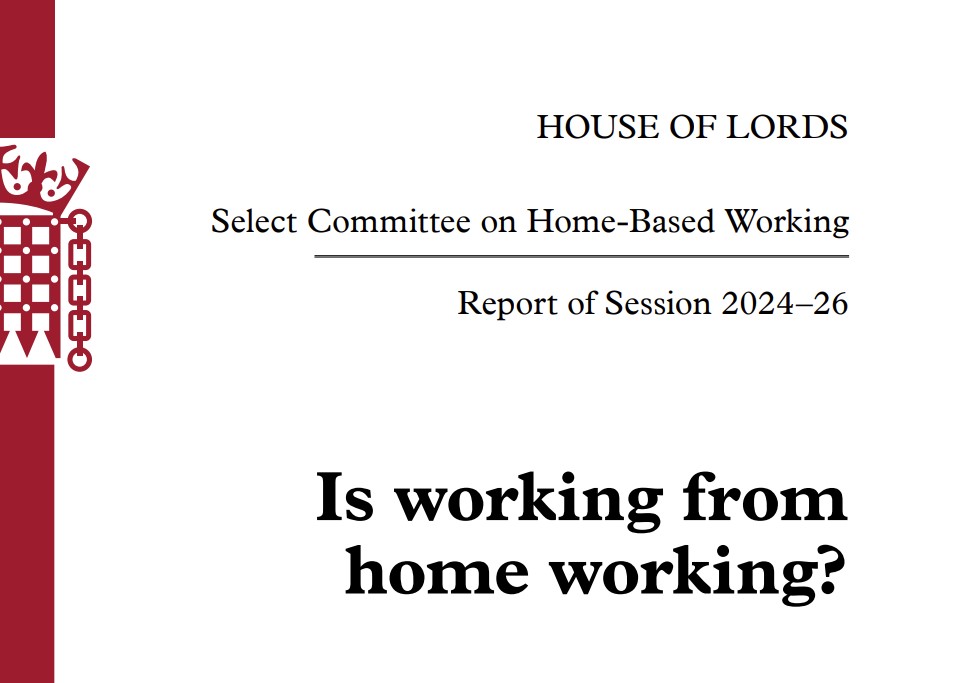50 years on from the Equal Pay Act: Breaking the pay stigma
FDA Equality Officer Victoria Jones on why we need to talk about pay.

29 May 2020 marks 50 years since the Equal Pay Bill received Royal Assent and became law. The legislation is clear:
‘An Act to prevent discrimination, as regards terms and conditions of employment, between men and women.’
The Equality and Human Rights Commission adds more depth in their guidance to the legislation: ‘Equal pay means that men and women in the same employment performing equal work must receive equal pay, as set out in the Equality Act 2010. It’s the law, and if you’re an employer you must observe it.’
And yet, in 2020, we’re still approached by women members who are paid less than their male colleagues.
There are a real myriad of reasons as to how and why equal pay issues arises. In my experience, representing members working in the civil service, very rarely is there an intention to discriminate. Often it’s an accident, or an oversight. An unintended consequence of a restructure, a pay range tweak or a regrading, or a missed consideration when thinking about someone returning to work after a career break, illness or maternity leave. Often our members have been through a period of receiving unequal pay, and are out the other side of it before they’ve had time to realise what has happened, or before someone has let slip information that shines a light on the discrepancy.
But the way you are left feeling if you’re being paid unfairly can completely change your perception of your workplace, your colleagues and your future prospects. I’ve met members over the last four years who have felt they have no option but to leave the civil service because of an equal pay issue. Many worry about the impact on their career if they raise a concern formally or challenge their employer. These are dedicated public servants with huge amounts of experience and institutional knowledge, who are left feeling demotivated and undervalued. Enough is enough.
To mark the 50th anniversary of the Equal Pay Act, the FDA is calling on all of our members to have an open conversation with their colleagues about pay. It shouldn’t be a taboo. We fully support the Fawcett Society’s Right to Know campaign. The proposals included in their draft Equal Pay Bill, which launched in February, contain provisions for employees who suspect they aren’t being paid equally the right to know what their colleagues doing the same work are earning.
We’re also going further than that, and today we are calling on employers in the civil service to join us in a proactive approach to addressing equal pay issues where they arise. This isn’t an argument about funding or pay remits; it’s a legal requirement to equal pay for the work they do and there is an obligation as an employer to do so. We will be engaging with employers asking them to undertake an Equal Pay Audit, to assess the risk in their workplace and use the information they gather to address any issues that arise.
We know that taking equal pay cases is complex and we also know it doesn’t deal with unfair pay, which is why we seek to address structural pay issues within the civil service in our negotiations with employers. Starting the conversation regarding your own pay can be daunting, but your union is here to support you. Local representatives and National Officers are available to provide guidance and representation if you feel you may have an equal pay issue.
Related News
-

Caring support: findings from the FDA’s 2025 carers’ survey
Five years have passed since the FDA last surveyed its members with caring responsibilities about the issues they face at work. FDA National Officer for Equality, Diversity, and Inclusion, Amelia Dowler, shares significant findings from our latest survey, and a preview of recommendations and guidance from the upcoming carers’ report.
-

Lords Committee report highlights lack of evidence behind civil service 60% office working mandate
A new report from the House of Lords Select Committee on Home-Based Working, which features evidence from the FDA, says the government should lead by example with good hybrid working practices within the civil service.
-

2025 Wendy Jones Equality Award winner: Chloé François-Oatway
Katherine Hutchinson speaks to the winner of the Wendy Jones Equality Award 2025, Chloé François-Oatway.